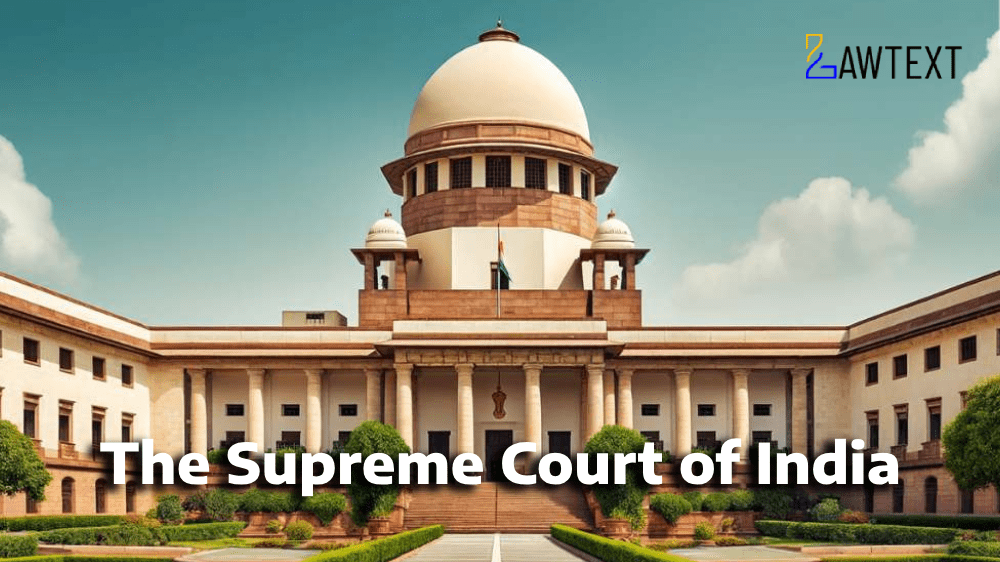

Jurisdiction of RERC – Whether RERC could regulate inter-state open access under the Electricity Act, 2003. Held: Yes, as the Act empowers State Commissions to oversee intra-state transactions, even if power originates outside the state (Paras 44–50).
Penalties for Drawal Variations – Whether penalties for deviations from contracted demand unreasonably restrict open access. Held: No, as they ensure grid discipline and prevent gaming (Paras 51–54).
Validity of Regulation 26(7) – Whether the 24-hour advance notice requirement for short-term inter-state open access is ultra vires. Held: No, as it promotes grid stability and allows urgent procurement through alternative markets (Paras 55–58).
Discrimination Against Captive Power Plants (CPPs) – Whether Regulation 21 unfairly disadvantages CPPs. Held: No, as the distinction between CPPs and DISCOMs is based on functional differences (Paras 59–62).
Foreclosure of Open Access Rights – Whether the 2016 Regulations effectively deny open access. Held: No, as the conditions are reasonable safeguards (Paras 63–65).
Dismissed all appeals, upholding the High Court’s orders.
Electricity Act, 2003 – Sections 2(15), 2(36), 2(47), 9, 32, 33, 42, 79, 86, 178, 181.
Rajasthan Electricity Regulatory Commission (Terms and Conditions for Open Access) Regulations, 2016 – Regulations 5, 6, 21, 26.
Electricity regulation, Open access, Grid stability, Captive generation, Jurisdictional demarcation, Penalties for deviation, Scheduling requirements.
Nature of Litigation: Civil appeals challenging Rajasthan High Court orders upholding the RERC’s 2016 Open Access Regulations.
Appellants: Industrial consumers and captive power generators (e.g., Ramayana Ispat, Hindustan Zinc) alleging arbitrary restrictions on open access.
Respondents: State of Rajasthan, RERC, and distribution licensees defending the regulations as necessary for grid stability.
Background:
The 2016 Regulations replaced the 2004 framework, imposing stricter scheduling, penalties for deviations, and limits on simultaneous drawal from open access and DISCOMs.
Appellants argued the regulations violated their statutory rights under Sections 9 and 42 of the Electricity Act, 2003, and encroached on CERC’s jurisdiction over inter-state transactions.
Whether RERC exceeded its jurisdiction by regulating inter-state open access.
Whether penalties for drawal variations are unreasonable.
Whether Regulation 26(7)’s 24-hour notice period creates artificial barriers.
Whether Regulation 21 discriminates against CPPs.
Whether the 2016 Regulations foreclose open access rights.
Appellants:
RERC lacks jurisdiction over inter-state open access (CERC’s domain under Section 79).
Penalties and scheduling requirements are arbitrary and discourage captive generation (Sections 9, 42).
Respondents:
RERC’s authority extends to intra-state delivery, irrespective of power source (Sections 42, 86).
Regulations ensure grid stability and prevent gaming (Sections 32, 33).
Ratio:
RERC’s regulations are intra-state in nature and valid under Sections 42 and 181 (Para 67).
Conditions like penalties and advance notice are proportionate to grid management needs (Para 68).
No discrimination against CPPs; distinctions are functionally justified (Para 62).
Citation: 2025 LawText (SC) (4) 6
Case Number: CIVIL APPEAL NO.7964 OF 2019 WITH CIVIL APPEAL NO. 7966 OF 2019 AND CIVIL APPEAL NO. 7965 OF 2019
Date of Decision: 2025-04-01
Case Title: RAMAYANA ISPAT PVT. LTD. AND ANR. VERSUS STATE OF RAJASTHAN & ORS.
Before Judge: (VIKRAM NAT J. , PRASANNA B.VARALE J. ) .
Appellant: RAMAYANA ISPAT PVT. LTD. AND ANR.
Respondent: STATE OF RAJASTHAN & ORS.